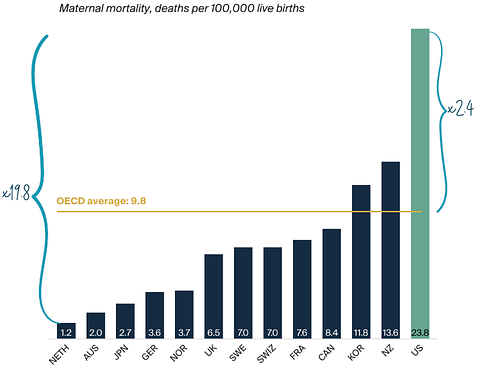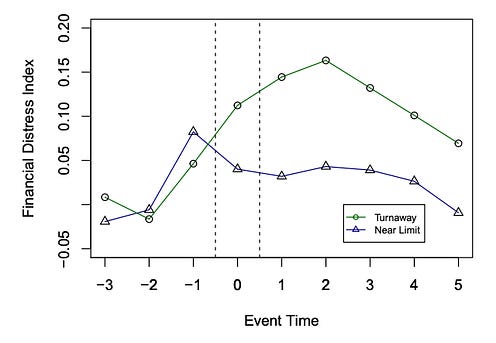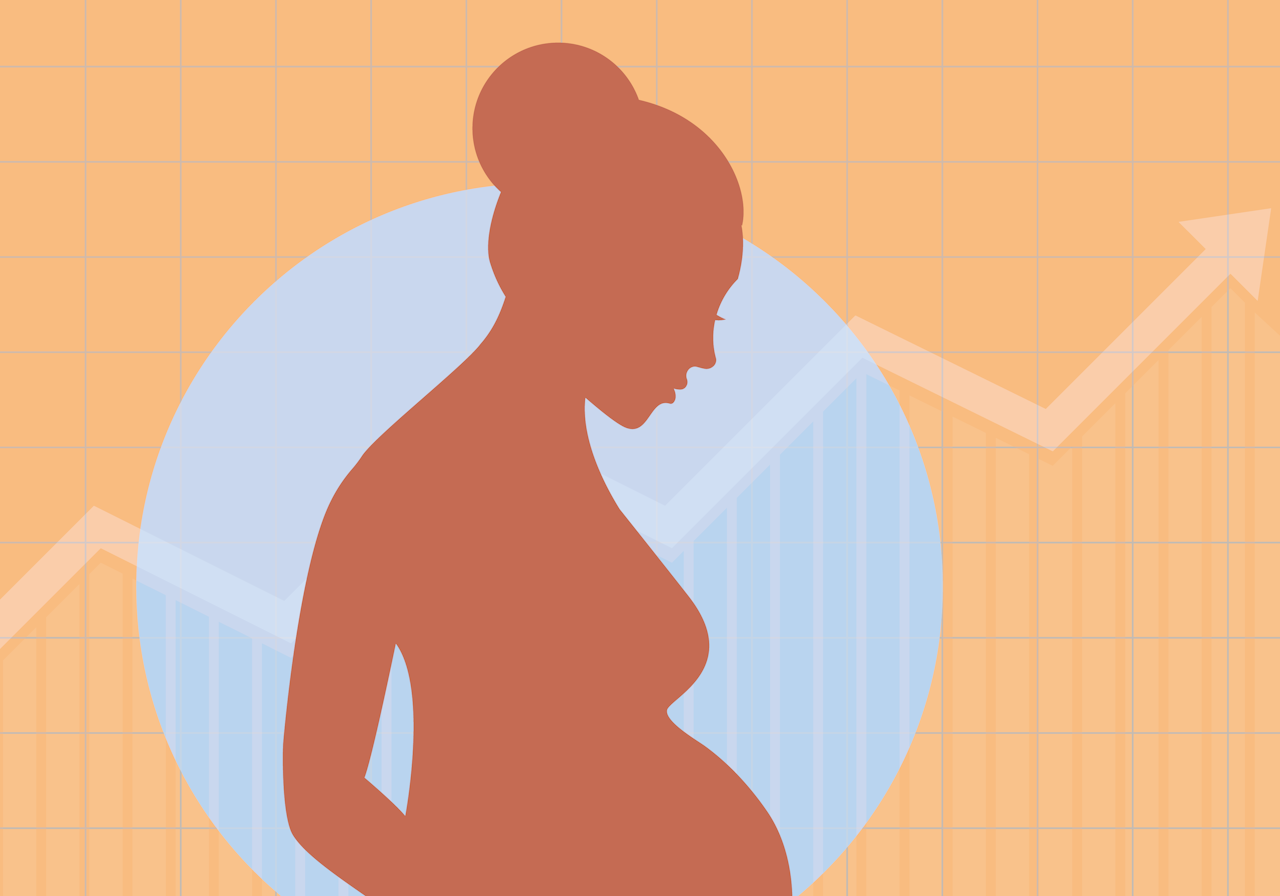starbrite
Shiny_Rock
- Joined
- Jun 27, 2020
- Messages
- 308
"
from Bloomberg dot com
Traveling for abortions
Earlier this month, the Guttmacher Institute, a reproductive rights organization, released data showing how the number of abortions performed in each state has changed since 2020.
Since Roe v. Wade was overturned last year, abortion has become completely illegal in 14 states, according to the organization. Access is limited, to varying degrees, in most other states.
If it’s difficult or impossible to get an abortion at home, that might mean people have to travel elsewhere to get the care they need. And data from the Guttmacher Institute suggests a lot of people are traveling to one state in particular: New Mexico. The state saw a 220% increase in abortions from 2020 through this year.
Andrea Miller, president of the National Institute for Reproductive Health, broke it down for me. New Mexico, she explained, is close to a lot of states where abortion is largely illegal — like Texas and Oklahoma. It’s also close to states where it’s challenging to obtain one, like Arizona. As those states made it more difficult to get abortions, New Mexico made it easier, she says.
“It certainly has long been understood as being a place where people can go to access equitable, just and available care,” Miller says.
Miller says this trend applied to other states as well. Illinois, for example, passed abortion rights legislation in 2019 and enacted a shield law in 2023that protected abortion providers and patients from out-of-state legal harm. From 2020 to 2023, the state saw a 69% increase in abortions, or about 18,300 more cases.
New Mexico has also been getting more abortion providers, according to Kayla Herring, the New Mexico public affairs director for Planned Parenthood of the Rocky Mountains, the local affiliate of the national organization. In fact, Jackson Women’s Health Organization, the Mississippi clinic at the heart of the US Supreme Court case that overturned Roe v. Wade, relocated to New Mexico last year.
Since last June, 56% of abortions in New Mexico were for people traveling from other states, Herring says.
“We recently had a patient who drove 17 hours, roundtrip,” Herring says. “She couldn’t tell her family where she was going. She actually left her cell phone at home for fear of being tracked.”
“We’re really watching a public health crisis in the making,” she says. — Ike Swetlitz
"
New Republican restrictions on women: https://www.meidastouch.com/news/texas-republicans-pass-laws-limiting-travel-of-pregnant-women
Key Points:
"A similar law was passed earlier this year in Idaho to prevent women from traveling to abortion-legal Washington State, effectively creating hard borders between states for women, furthering the drive by Republicans to make women second-class citizens in the United States."
"Even driving a pregnant woman to the post office could lead to legal action as the suit could allege the woman was receiving the abortion pill in the mail."
"These laws are obviously unenforceable, as 99% of abortions occur in the early weeks of pregnancy when a women is not visibly pregnant. So either these states just intend these ordinances to act as intimidation, or they plan on limiting the travel of ALL WOMEN on the off-chance that they may be pregnant. "
That's a big "or"... Scary.
I live in a "no abortion" state, and there has been talk here, too, about restricting women from crossing state lines. They just haven't figured out how to word a law so that it has enough teeth to really do what they want it to do.
Whether you're 10 or 100 (and especially if you are of child bearing age), this all should be a red flag about your current value to society as a female.













300x240.png)